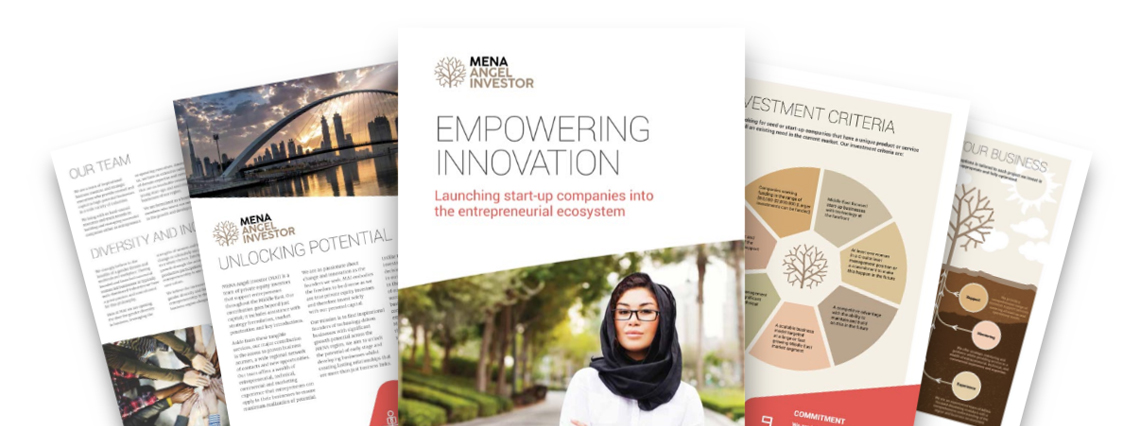Credits: Forbes
As the coronavirus pandemic spread the world, the economic impact was profound. Various studies highlighted the particular risk for those in precarious livelihoods, whether due to their age, their income level, or their ethnicity.
Similar concerns exist at an organizational level, with data from Startup Genome revealing that around 40% of startups have but a few months worth of cash in reserve at the start of the pandemic. As such, it’s perhaps not surprising that research from Yale has found that small business owners are increasingly pessimistic about their future.
The survey reveals that the lockdown procedures imposed around the world have had a huge impact on small businesses across the United States, with many having already laid off a large number of employees by the time the government offered its relief package. Indeed, it would appear that many of the smallest businesses are unaware of the existence of federal support in the first place. Even among those who are aware of its existence, often hold various misconceptions about the aid package.
“The COVID-19 crisis presents severe challenges for all small businesses, which account for the majority of companies in the United States,” the researchers say. “The data and insights we’ve collected can help policymakers design and implement effective measures to support small businesses in these extremely challenging times.”
Unique challenges
The researchers plan to continue issuing the survey throughout the pandemic in a bid to further understand the difficulties being faced by the small business community, and then to help them overcome those challenges.
The survey found that 60% of small businesses had let at least one employee go because of the pandemic, with 31% believing they would have layoffs within the next 60 days. Rather worryingly, 25% of respondents thought they would never recover from the current situation, with nearly a third believing it was touch and go whether they would remain in business over the coming months.
This gloomy outlook was getting gradually worse as the pandemic, and the lockdown measures designed to tackle it, spread. In the first week of the lockdown, 37% of small businesses thought they might not successfully recover, but this had grown to 46% by the final week of the study.
This pessimism was compounded by the general lack of awareness of the government support available, with this ignorance especially high among smaller businesses with less than 10 employees. What’s more, this lack of awareness remained worryingly high even as the lockdown continued, with around 30% unaware of the support available by the time the funding for the program had been exhausted.
“Our findings support the idea that there was unequal access to federal aid, with larger firms being better informed and equipped to apply for relief,” the researchers say. “Policymakers should consider ways to better publicize relief programs and remove barriers to access so that the country’s smallest businesses can obtain assistance.”
Shifting sands
For those who have managed to survive, many have had to rapidly adapt their offering in order to survive. Pivoting has become the norm for startups, but the scale of pivoting required has nonetheless been difficult for many to achieve.
Continue reading article here.


